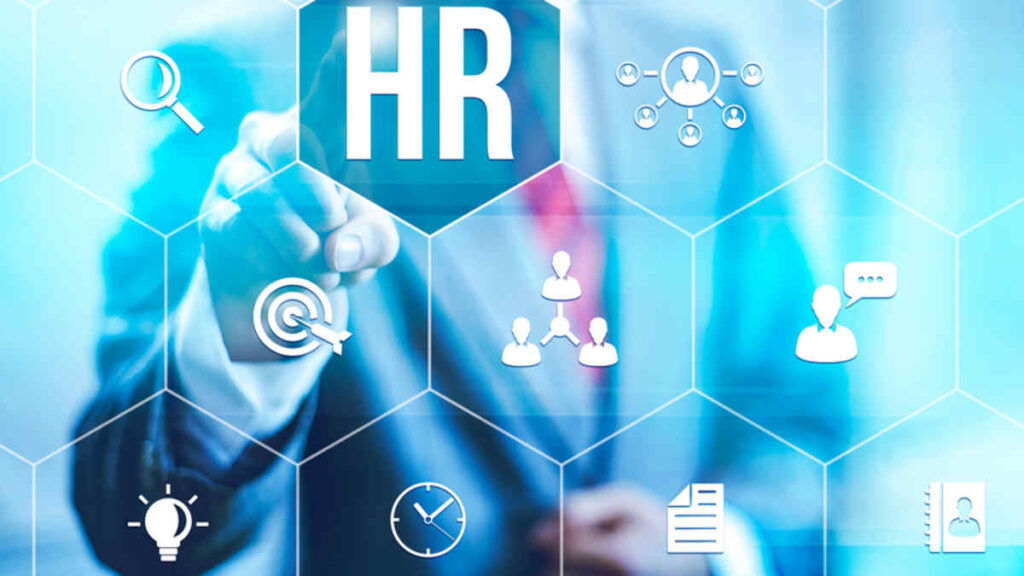Payroll processing is one of the essential activities for both a company and its employees. It deals with paying the employees based on their decided pay and working hours. However, it’s not as simple as it seems.
The calculation of the final amount to be paid as salary is based on many different factors, such as leaves taken, LOP (loss of pay), compensations, appraisals, remaining paid leaves, etc. Error in any single calculation can profoundly impact the entire salary structure of the employee. In fact, it can create a nuisance for the whole company that must be fixed as early as possible.
Due to this, most companies use cloud HRMS payroll solutions to avoid this daunting process and manage the record of all the critical factors needed to calculate payroll.
The cloud payroll software industry has observed spectacular growth in the past few years. In fact, according to a research report, the global cloud-based HR payroll software market size is expected to reach $10.3 billion by 2023. Whether it is a small-scale business or a large established one, almost all the companies are shifting from traditional systems to advanced, cloud-based HRMS software for payroll processing.
But what exactly makes a cloud-based payroll system different from others, and does your business need one, too? Let’s check it out through this blog.
What Do You Understand by Cloud-Based Payroll Management System?
As the name suggests, a cloud-based payroll management system collects and manages employee data to streamline and automate the process of employee payments remotely. A well-designed and well-strategized HRMS payroll software can help companies reduce their operational costs and assist them in managing their employees from onboarding to departure.
This type of payroll management works best when your employees, HR team handling payroll, or both work remotely. The salary can be easily and securely paid out from anywhere in no time.
What’s in It for You in Opting an HRMS Cloud Payroll Software?
Lower Operational and Maintenance Costs
The first benefit of opting for cloud-based payroll software is that you do not need to incur additional costs of buying on-premises systems, such as hardware and server structure, for managing the payroll. In fact, you would not even need to hire people to maintain such a payroll system.
Moreover, maintaining and upgrading a cloud-based HRMS payroll system is relatively simple and easier than the legacy on-premises payroll management systems. Generally, the respective vendors update the software to the latest version themselves without any involvement of the in-house HR payroll or IT team.
Quicker and More Efficient
We live in a fast-paced, data-driven world, where everyone wants everything to be performed in a fraction of a second. However, even a traditional payroll system with higher-level features can fall short in delivering the results quicker than an HRMS cloud payroll software requiring fewer resources, effort, and time.
In addition to this, since cloud payroll software allows the payroll management team to access the system from anywhere, they could quickly respond to the employees’ requests and queries.
A Centralized Source for All the Employee Information
You might think that a company’s HR team is mainly associated with recruitment, payroll, and managing corporate events. However, that’s not the truth. There are a plethora of responsibilities over the head of an HR department, including onboarding, offering compensations, salary revisions, attendance & leave management, resolving queries, organizing events, investment, declaration, and much more. However, it becomes intensely challenging for the HR managers to manage all the information of all the employees in the company if the data is not centralized.
Thankfully, a cloud-based HRMS software has one centralized data source in which all the employee information can be safely kept and accessed.
An Intense Relief for the HR Team
A cloud-based HRMS payroll software consists of employee self-service portals where they can easily submit their queries and requests regarding payroll, salary, reimbursement, investment, etc. If the employees want to reimburse some amount, they must submit expense proofs on the portal. The HR team can verify the bills and compensate the amount accordingly.
It saves the HR department from extensive back-and-forth emails from the employees regarding their payroll-related queries. The saved time can be used for other crucial tasks, such as recruitment and strategy planning.
Comprehensive Analytical Reports
One of the significant challenges that an on-premises payroll system usually faces is delivering an analytical report based on the employees’ payroll information. Moreover, even if someone tries to retrieve a report from the manually entered data (which might have errors), it would be unorganized and unsuitable for helping in decision-making.
However, a cloud-based HRMS payroll software resolves this issue by delivering insights by integrating payroll metrics based on real-time employee data into the system. Generally, these insightful reports include salary register, attendance data, tax deductions, audit reports, etc.
Looking for an Effective Cloud-Based HRMS India Software?
If your answer is yes, then your search ends here. EmployWise, a complete HR solution comes with an effective cloud-based HRMS payroll software to manage all your payroll-related issues and activities. Whether you are a start-up or own an established enterprise, this software is easy-to-access, user-friendly, and affordable for all business sizes. From hiring to retiring an employee, this effective HRMS payroll software will make the entire payroll process streamlined and flawless.


More Stories
Load Cell for Packaging Industries – MODEL: HSSB, BBM, SESB
10 Proven Ways to Earn Money as a Coach in 2025
Low-Interest Collateral Loans on Rare Coins in Peachtree City